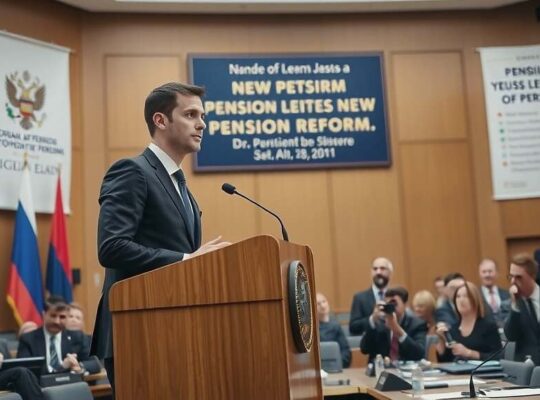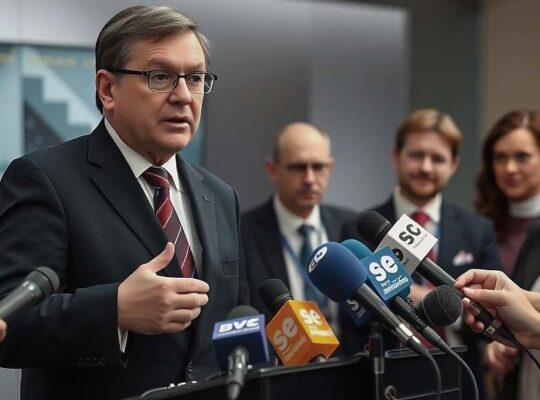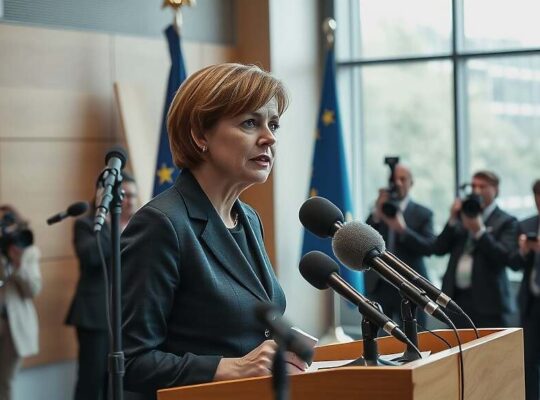The internal debate within Germany’s ruling Christian Democratic Union (CDU) has intensified around proposed pension reforms, with a prominent faction within the Bundestag voicing concerns over potential financial instability and urging caution against escalating tensions. Stefan Nacke, CDU parliamentary representative and chair of the workers’ group, has publicly backed the Young Union (JU) stance, emphasizing the need to avoid “unforeseeable costs” within the pension system post-2032 that were not previously agreed upon. He acknowledged the JU’s and its leadership – Pascal Reddig and Johannes Winkel – had identified a critical vulnerability within the current proposals.
Nacke’s intervention comes amidst a brewing power struggle between CDU leader Friedrich Merz and his internal critics, exposing deep divisions over the direction of pension policy. While acknowledging the importance of addressing potential structural issues, Nacke cautioned against a confrontational approach, stating his preference for negotiation and persuasion rather than provocative ultimatums. This stance implicitly criticizes the more assertive tactics employed by some within the party.
The current dispute, while fraught with internal conflict, is being framed as a necessary catalyst for more substantial systemic change. Nacke lauded the emergence of a “substantial debate” surrounding pensions, advocating for a comprehensive reform to be undertaken next year. However, he stressed a vital point – any reform cannot remain a theoretical exercise and must be translated into concrete legislative processes. This underlines a frustration felt by some within the party that previous discussions have yielded little tangible progress.
Analysts suggest Nacke’s statements represent a growing unease amongst conservative ranks regarding the potential ramifications of hastily implemented pension changes and the risks of alienating key constituencies. The debate now centers on whether a broad reform can be achieved through compromise and measured dialogue, or whether the current power struggle will further destabilize the party and complicate the already challenging task of securing pension sustainability. The emphasis on “concrete legislative processes” signals a desire for a more pragmatic and implementable approach to a politically sensitive and economically vital issue.












